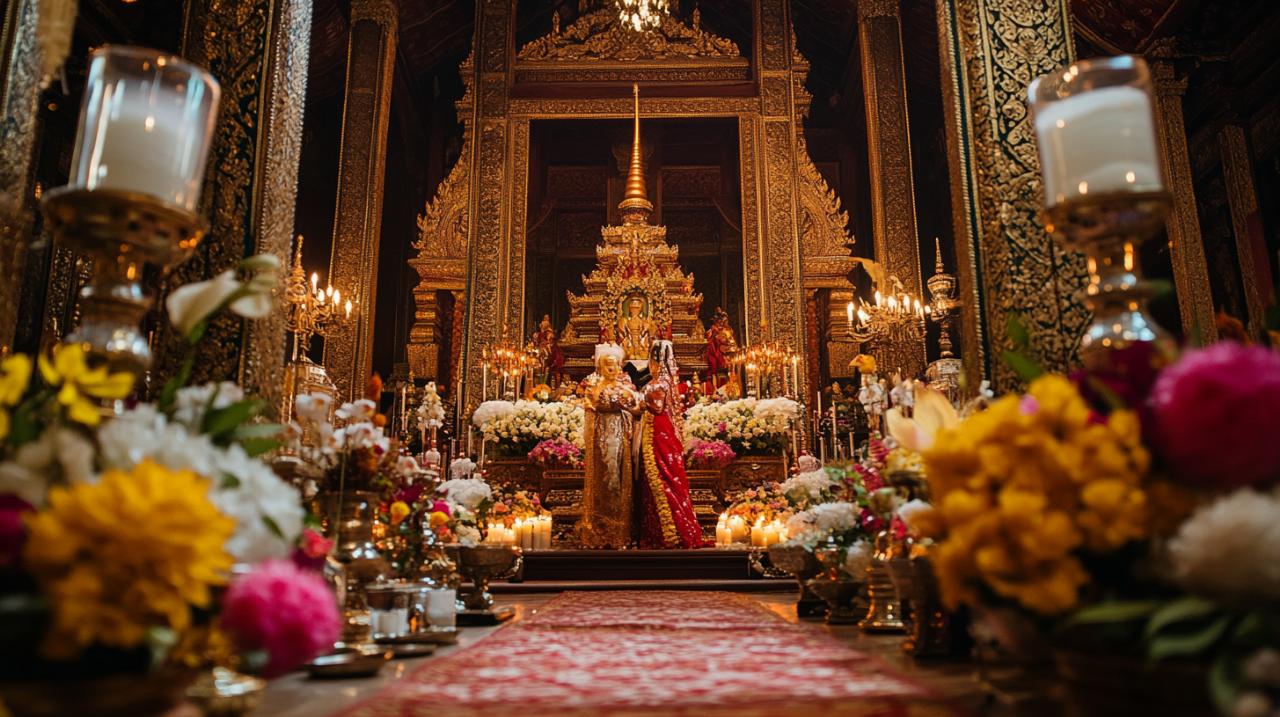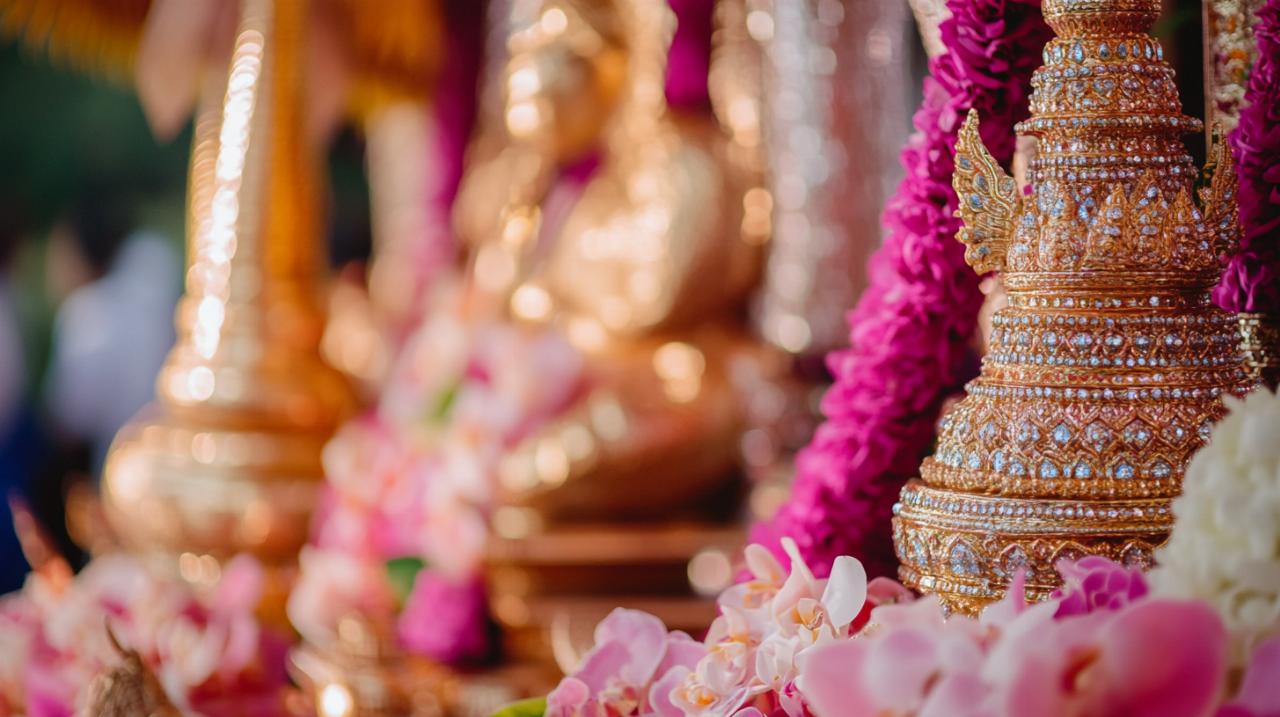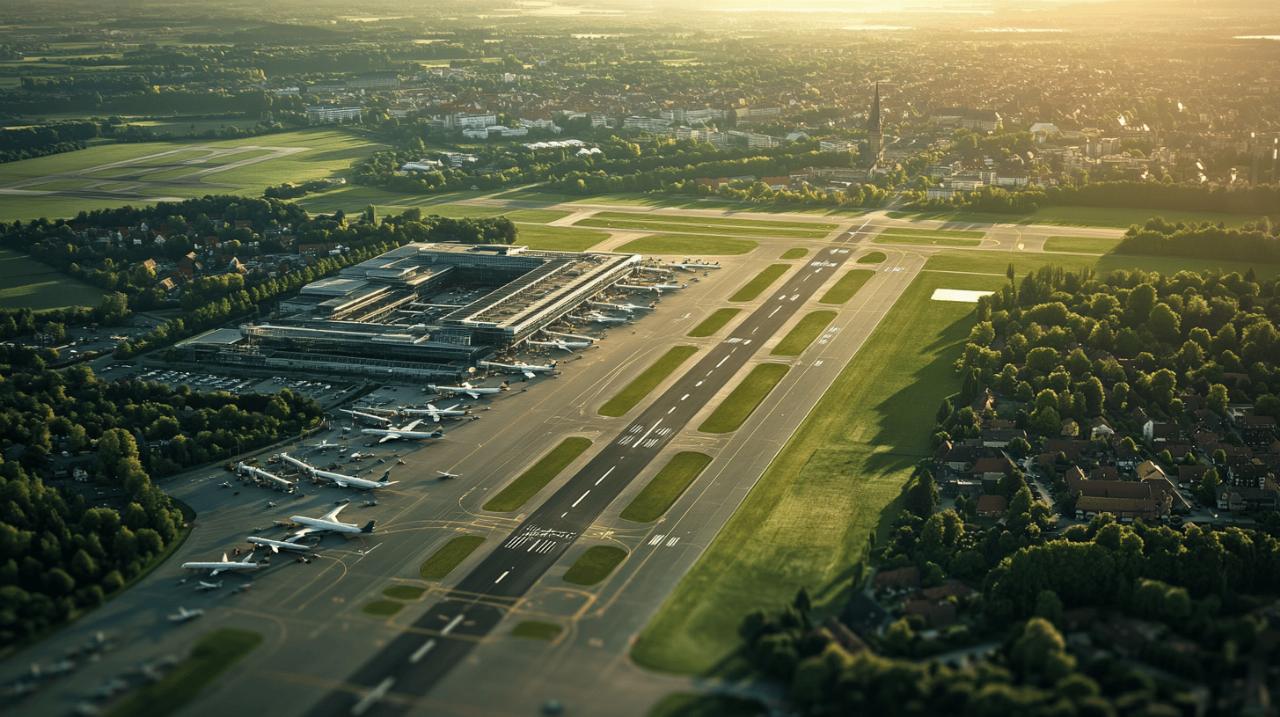When planning a traditional Thai marriage involving a French national, navigating the legal requirements and administrative procedures can seem daunting. This comprehensive guide will walk you through the essential steps from obtaining necessary documentation to registering your marriage officially in Thailand.
Documentation requirements for both parties
Essential personal identification documents
Before embarking on the marriage registration process, both parties must gather several important documents. For the foreign partner, this includes a valid passport with appropriate visa status, original birth certificate, and proof of address such as a recent utility bill or bank statement dated within the last three months. British nationals will need a 'marital status affirmation' and a certified copy of their passport, which costs £50 and £25 respectively, obtainable from the British Embassy in Bangkok. Similarly, French nationals require specific documentation from their embassy. The Thai partner must provide their national ID card (บัตรประชาชน) and house registration document (ทะเบียนบ้าน), which serves as proof of residency and identity under Thai law.
Previous Marriage Documentation and Proof of Termination
If either party has been previously married, additional documentation is essential. This includes decree absolute, annulment certificate, dissolution paperwork or death certificate of the former spouse. These documents verify that both parties are legally free to marry under Thai law, which stipulates that individuals must be single at the time of registration. All foreign documents must be translated into Thai by a certified translator and subsequently 'legalised' or authenticated by the Ministry of Foreign Affairs in Thailand to ensure their validity for the marriage registration process.
Obtaining the Certificate of No Impediment for French Nationals
Application Process at the French Embassy in Thailand
French nationals intending to marry in Thailand must obtain a 'Certificate of No Impediment' (Certificat de Capacité à Mariage) from the French Embassy in Bangkok. This document confirms that there are no legal obstacles to the marriage under French law. To apply, you'll need to submit your passport, birth certificate, proof of residence in Thailand, and evidence of single status. The process typically requires making an appointment at the embassy, where you'll complete necessary paperwork and provide sworn declarations about your marital status. Depending on your particular circumstances, additional documentation may be requested to verify your eligibility for marriage.
Timeframes and validity period considerations
When planning your timeline, remember that the Certificate of No Impediment is typically valid for a limited period, often just three months from the date of issue. Therefore, it's advisable to apply no more than three months before your intended wedding date. Processing times can vary, but generally, you should allow for approximately two to three weeks for the document to be prepared. Some consulates might offer expedited services for urgent situations, though this isn't guaranteed. Be aware that the certificate specifies the month and province where the marriage will take place, so changes to your plans may necessitate obtaining a new certificate.
The Thai Marriage Registration Process at the Amphur
Required witnesses and translation services
For the official marriage registration at the Thai district office (Amphur or Khet), you'll need two witnesses who can be of any nationality. These individuals must present their original identification documents during the registration. Additionally, if you don't speak Thai, it's highly recommended to hire a professional translator to assist during the proceedings. All foreign documents, including the Certificate of No Impediment, must be translated into Thai and authenticated by the Department of Consular Affairs. This authentication process verifies that the documents are legitimate for use in Thailand and is a mandatory step before the Amphur will accept them for marriage registration.
Steps to Complete the Official Registration
On the day of registration, both parties must appear in person at the Amphur with all required documentation. The process typically begins with document verification by the registrar, followed by the completion of necessary forms. The registrar will conduct a brief ceremony where both parties sign the marriage register in the presence of the witnesses. Upon successful registration, you'll receive marriage certificates, which serve as legal proof of your union. It's important to note that while many couples in Thailand have traditional Buddhist wedding ceremonies, these religious ceremonies have no legal standing on their own; only the registration at the Amphur establishes a legally recognised marriage under Thai law.
Post-marriage legal considerations
Registering the Marriage with French Authorities
After completing the Thai marriage registration, French nationals should register their marriage with French authorities to ensure its recognition in France. This can be done at the French Embassy in Bangkok by presenting the Thai marriage certificate (with certified translation), passports, and any other requested documentation. This step is particularly important if you plan to return to France with your Thai spouse, as it facilitates visa applications and establishes your marital status in the French legal system. The embassy will issue a French marriage certificate (livret de famille), which will be recognised throughout France and other countries that accept French civil documentation.
Prenuptial agreements and property rights
Couples should consider establishing a prenuptial agreement before marriage, especially when substantial assets are involved or when the couple has complex financial arrangements. Under Thai law, prenuptial agreements must be written, signed by both parties, and registered simultaneously with the marriage at the Amphur to be legally valid. These agreements can specify how assets acquired before and during the marriage will be managed and divided in case of dissolution. Without a prenuptial agreement, Thai matrimonial property law applies, which generally considers assets acquired during the marriage as joint property. This area is particularly important for intercultural marriages, as property rights can vary significantly between legal systems, potentially leading to complications if not addressed proactively.
Uk citizens' marriage requirements in thailand
 British nationals planning to marry in Thailand must ensure their union is legally recognised under both Thai and UK law. The process requires specific documentation and adherence to local administrative procedures. While religious ceremonies might be culturally significant, they aren't legally binding without official registration. The Thai government recognises marriages only when registered at the district office (Amphur or Khet).
British nationals planning to marry in Thailand must ensure their union is legally recognised under both Thai and UK law. The process requires specific documentation and adherence to local administrative procedures. While religious ceremonies might be culturally significant, they aren't legally binding without official registration. The Thai government recognises marriages only when registered at the district office (Amphur or Khet).
Obtaining a Marital Status Affirmation from the British Embassy
British citizens must obtain a 'marital status affirmation' from the British Embassy in Bangkok before proceeding with a Thai marriage. This document confirms you're legally free to marry. You'll need to apply online and pay £50 for this service, plus £25 for a certified passport copy which is also required. The application takes about 35 minutes to complete and should be submitted no more than 3 months before your wedding date.
When booking your embassy appointment (typically available on Tuesdays and Thursdays), bring your UK passport, proof of address dated within the last 3 months, your partner's passport or ID, details of two non-Thai referees living outside Thailand, and documentation proving any previous marriages have ended. The affirmation specifies the month and province where your marriage must take place, so planning is essential.
From 23 January 2025, same-sex marriage will be legal in Thailand, expanding marriage rights for British nationals. The Embassy can provide guidance on eligibility criteria for all marriages based on current Thai law.
Document authentication and thai translation procedures
Once you've received your marital status affirmation, all documents must be translated into Thai by a certified translator. These translations then require legalisation by the Ministry of Foreign Affairs in Thailand to be recognised as genuine by Thai authorities.
The complete set of authenticated documents needed for registration includes:
- Your translated and legalised marital status affirmation
- Your passport with valid visa
- Your certified passport copy from the British Embassy
- Your Thai partner's ID and house registration (if applicable)
- Proof of any previous marriage endings (divorce decree, death certificate)
Taking these documents to the local district office (Amphur) in the province listed on your affirmation allows you to register your marriage legally. The registrar will conduct a brief ceremony and issue marriage certificates. Should you wish to use your Thai marriage certificate in the UK, it will need translation and possibly further authentication.
Many British nationals consider prenuptial agreements when marrying in Thailand, particularly with substantial assets involved. These must be written, signed, and registered simultaneously with the marriage registration to be legally binding. Legal support from specialists in Thai family law and intercultural marriages can provide valuable guidance through this complex process.




















